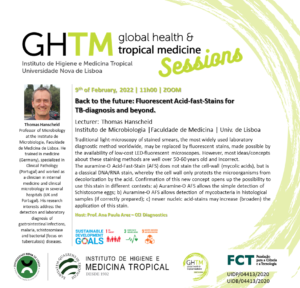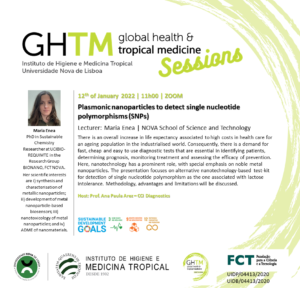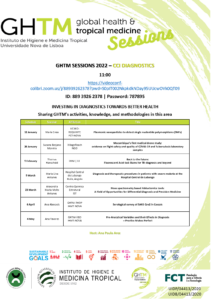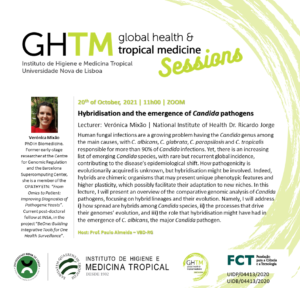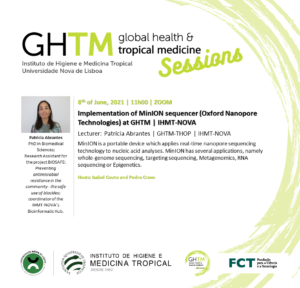Traditional light-microscopy of stained smears may be replaced by fluorescent stains.
The auramine-O Acid-Fast-Stain (AFS) does not stain the cell-wall (mycolic acids), but is a classical DNA/RNA stain, whereby the cell wall only protects the microorganisms from decolorization by the acid. Confirmation of this new concept opens up the possibility to use this stain in different contexts: a) Auramine-O AFS allows the simple detection of Schistosome eggs; b) Auramine-O AFS allows detection of mycobacteria in histological samples; c) newer nucleic acid-stains may increase (broaden) the application of this stain.
Read More
GHTM Sessions 2022 CCID03 » Back to the future: Fluorescent Acid-fast-Stains for TB-diagnosis and beyond
- From: 09/02/2022
- To: 09/02/2022
- Location: ZOOM | 11h00
